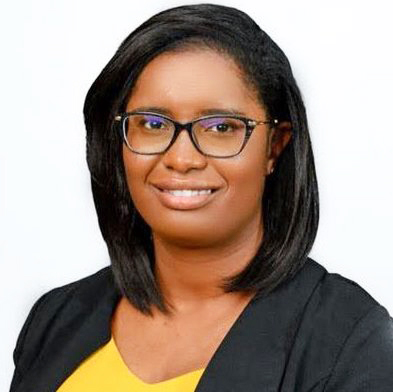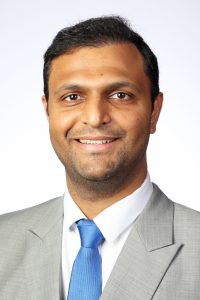 By Dr. Vernicia Hernandez
By Dr. Vernicia Hernandez
I am an internal medicine resident at the University of Miami/Jackson Memorial Hospital (UM/JMH) in Florida. The director of my program, Dr. Stefanie Brown, is committed to recruiting the most diverse class of residents, which is reflected in our residency cohort. There is strength in diversity, and it can be leveraged through a culture of mutual understanding and respect. To help promote this culture in my program, I decided to launch a project called the ‘“Pop-Up Cultural Marketplace.” The Pop-Up Cultural Marketplace project aims to foster a better understanding of the other societies, values, and cultures represented by the community at my host institution.




 By Amanda Bintz
By Amanda Bintz